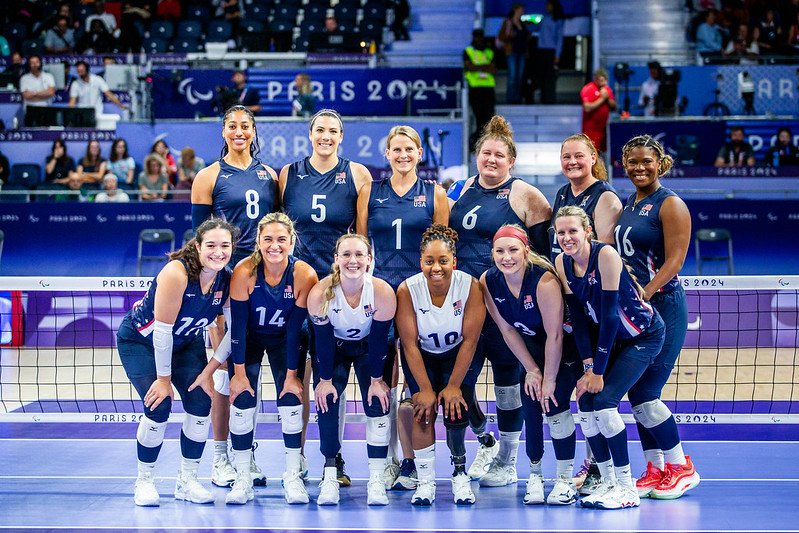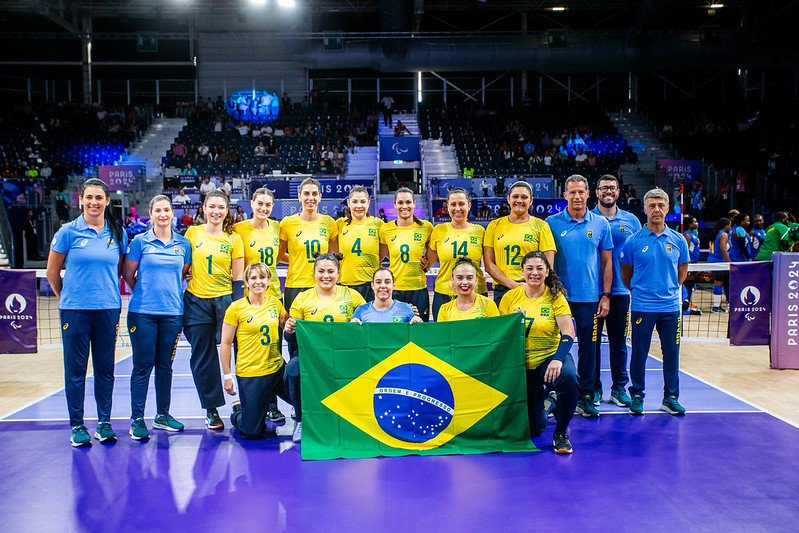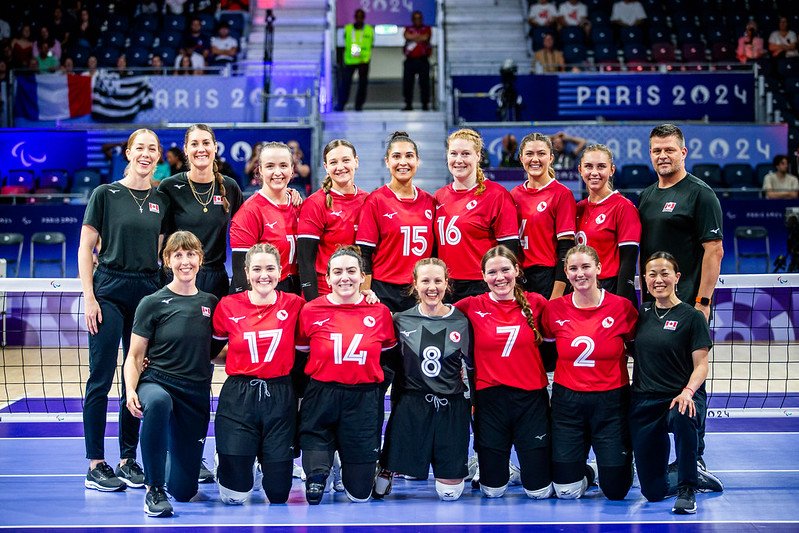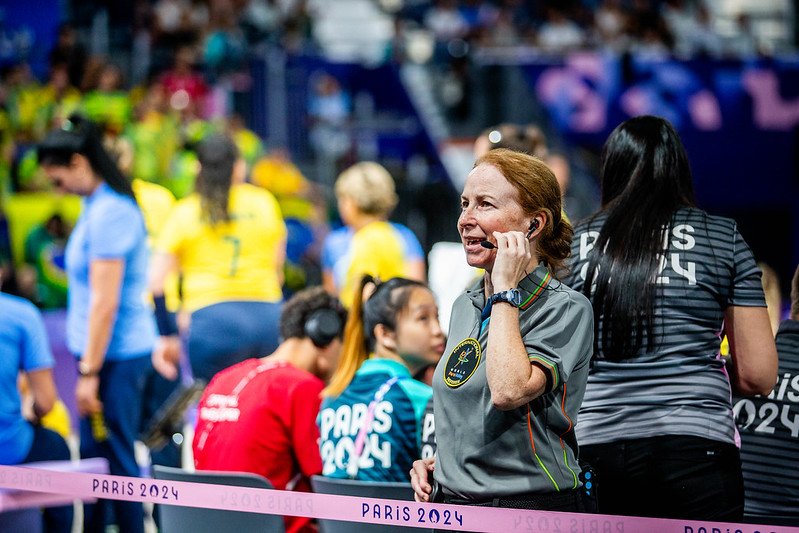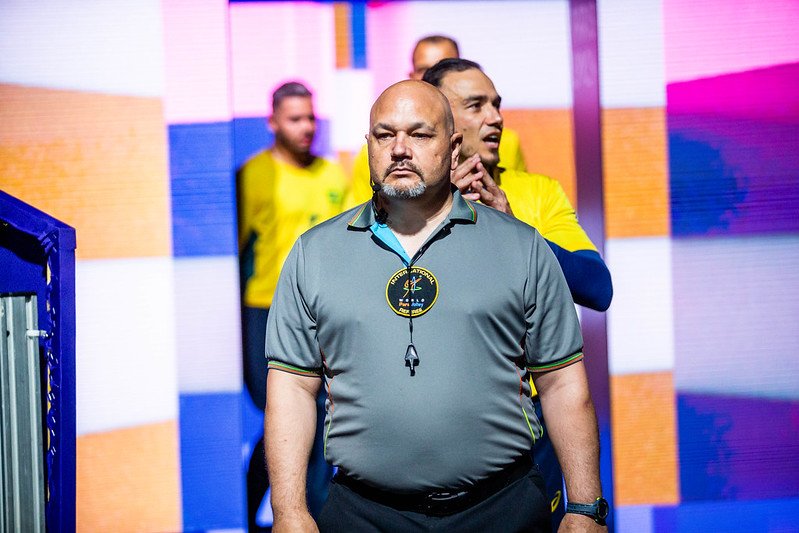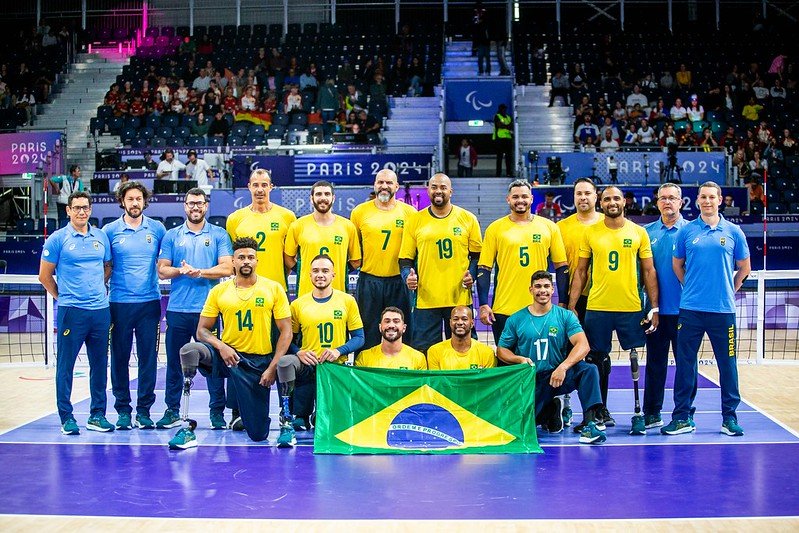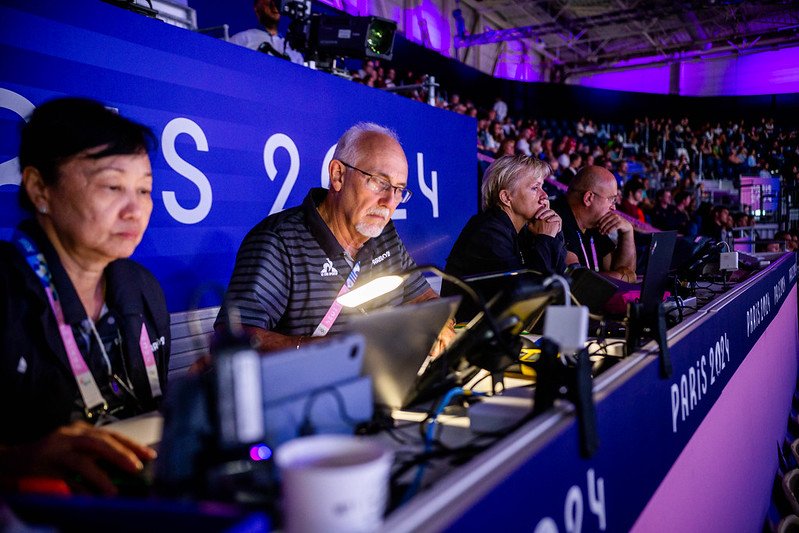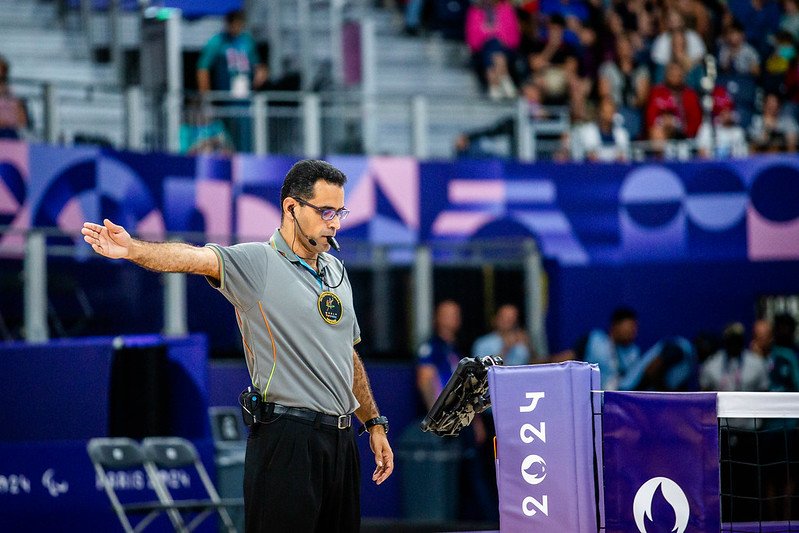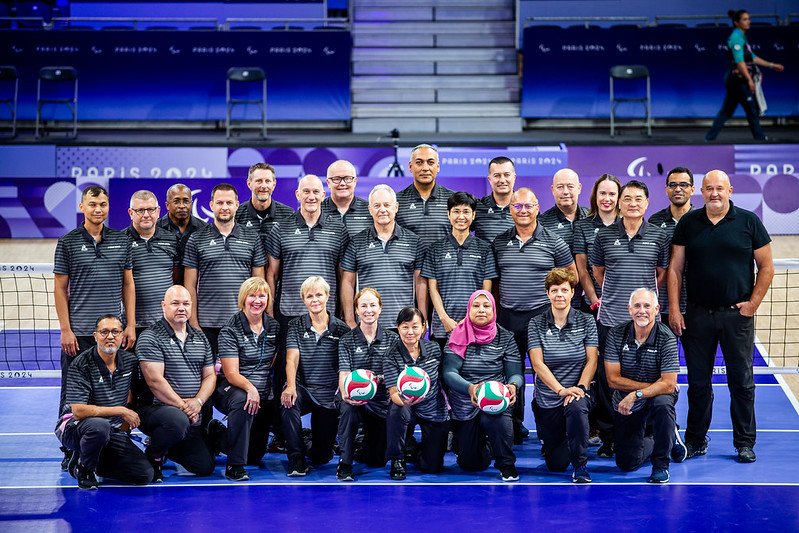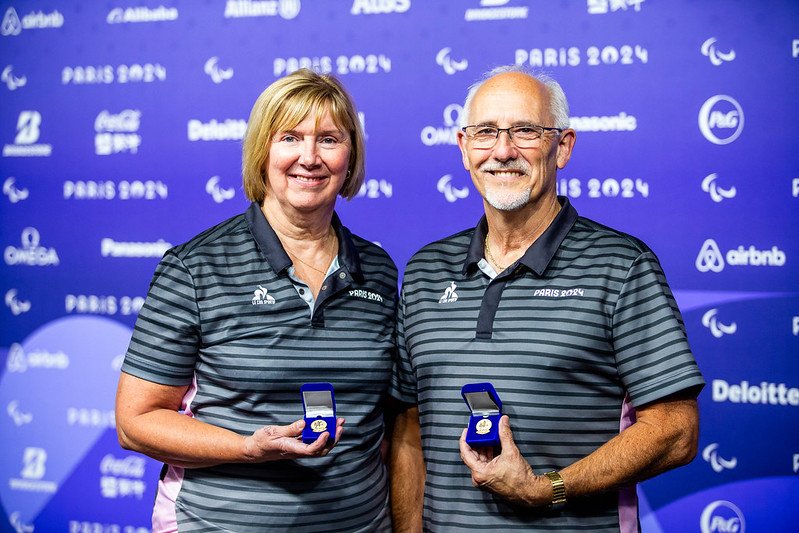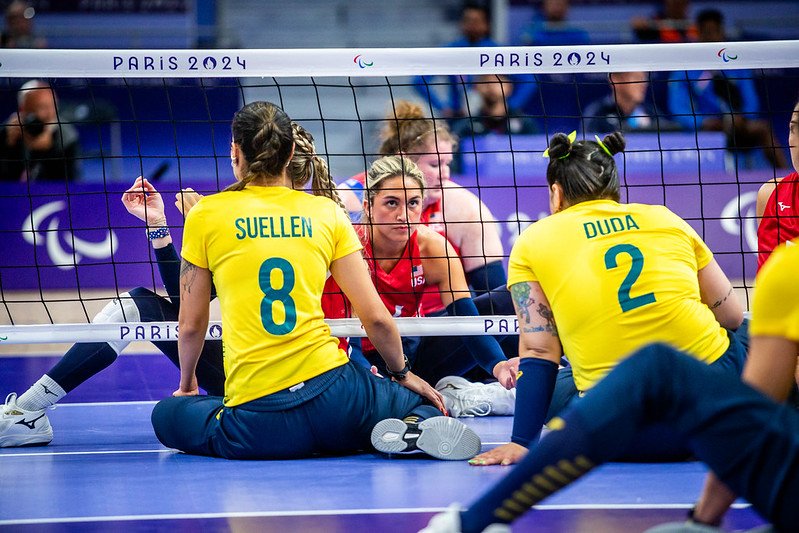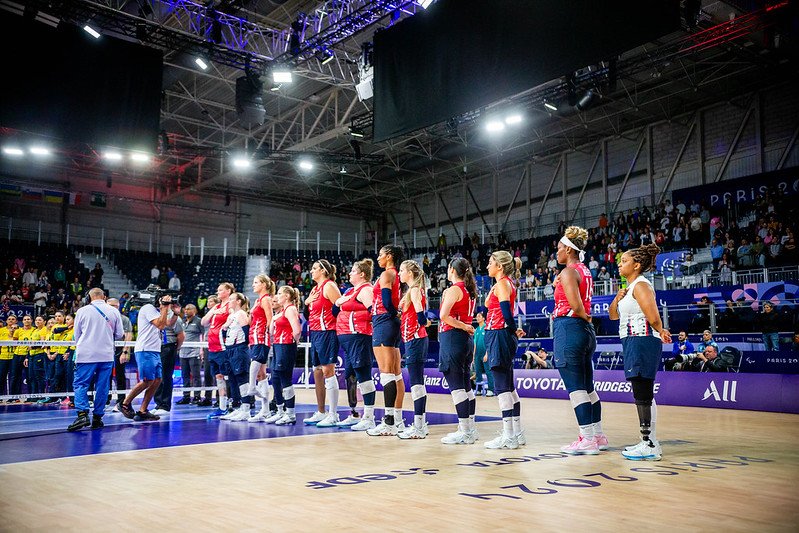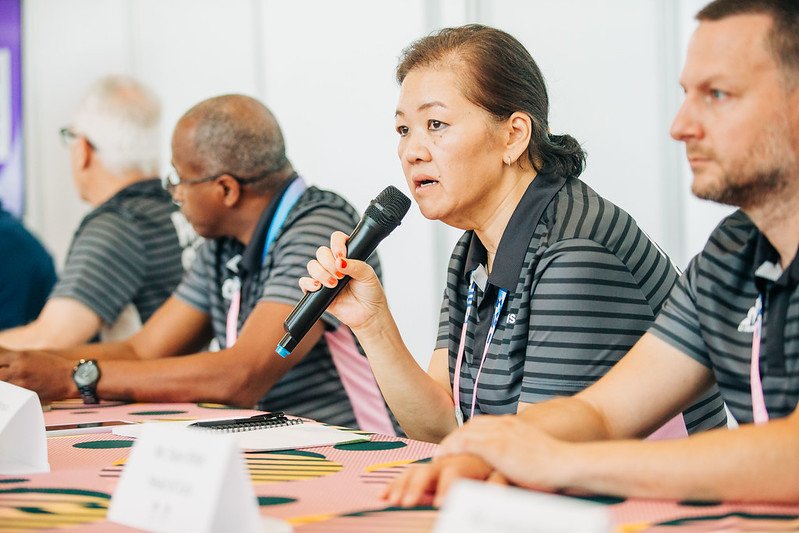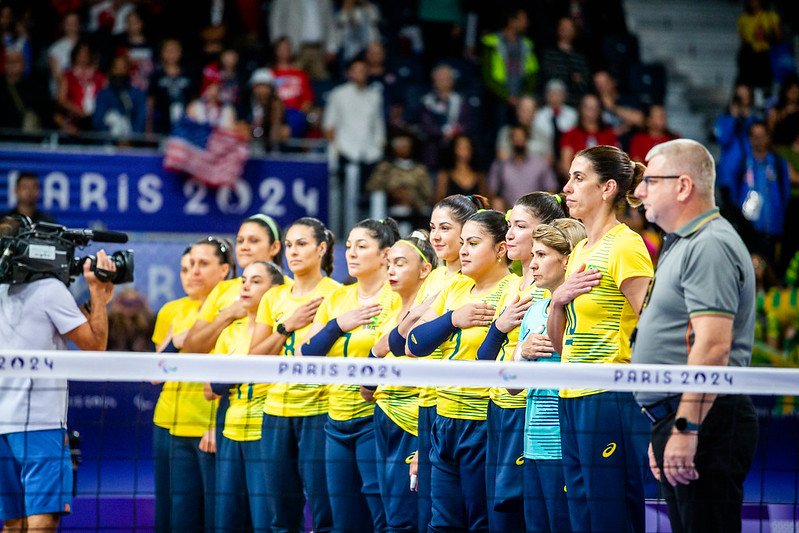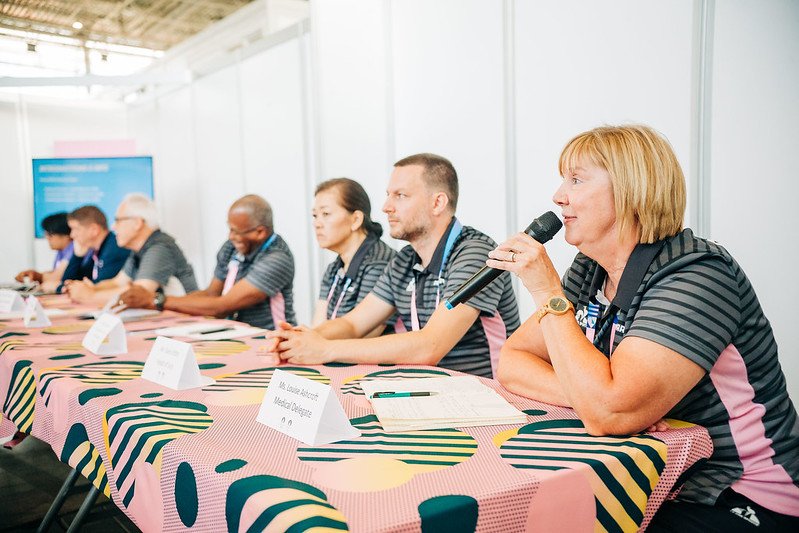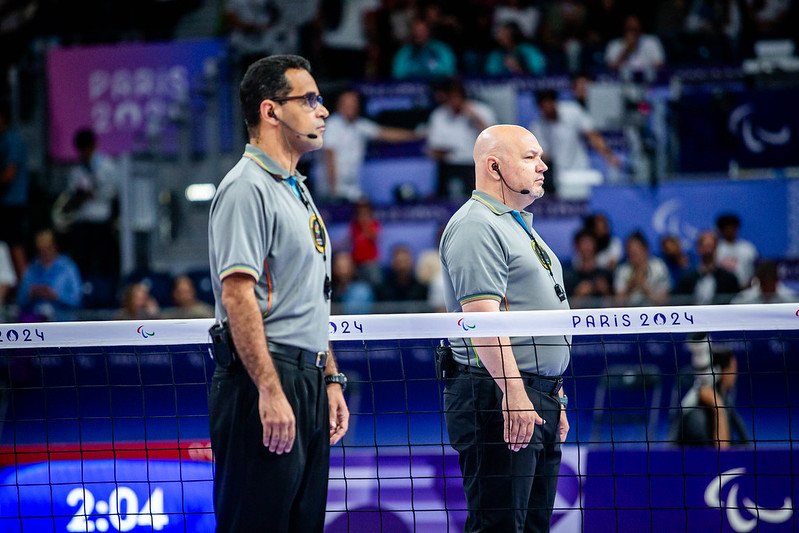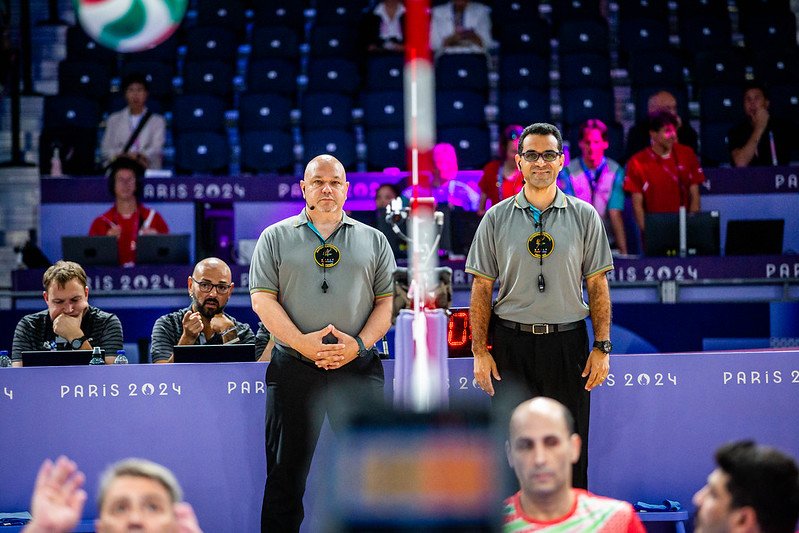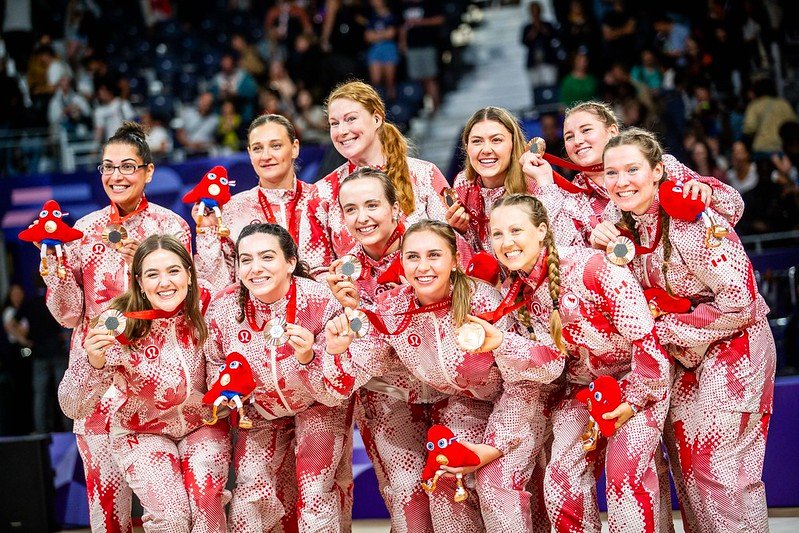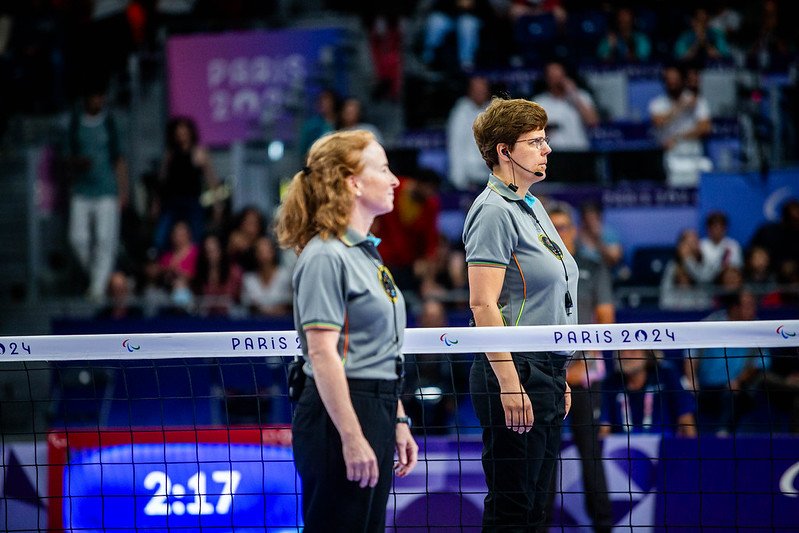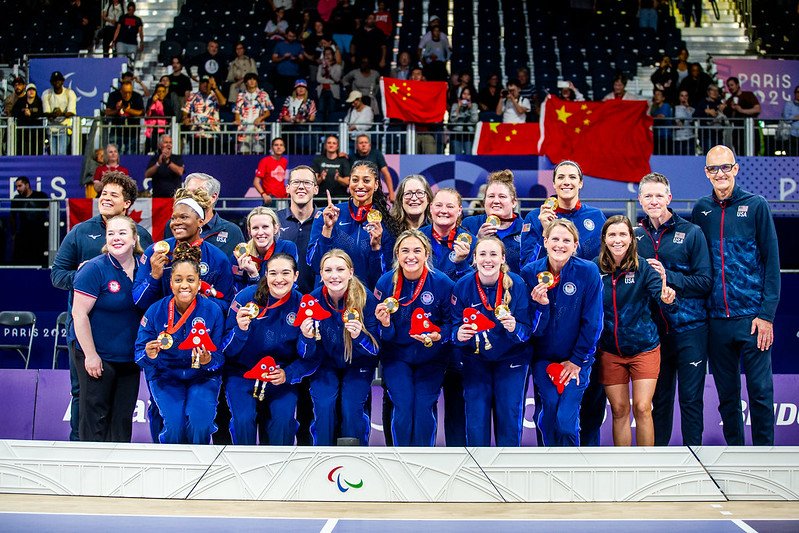PVPA Retrospective – Paris 2024 Paralympic Games
Posted by panamerica
The Paris 2024 Paralympic Games showcased an incredible display of athleticism, dedication, and resilience across all sports, and sitting volleyball was no exception. Teams from across the globe gathered to compete in both the men’s and women’s tournaments, and the PanAmerican zone left a significant mark, particularly in the women’s competition.*
Women’s Sitting Volleyball: PanAmerican Dominance
The women’s sitting volleyball event highlighted the strength of teams from the PanAmerican zone, with three of the top four ranked teams belonging to this region: the USA, Brazil, and Canada. These teams have consistently demonstrated their prowess on the international stage, and Paris 2024 was another testament to their excellence.
The United States emerged as the champions of the women’s tournament, reinforcing their status as a perennial powerhouse in sitting volleyball. Canada secured a commendable third place, showcasing their competitive edge and skill. Brazil, while finishing in fourth place, also demonstrated their strong presence and competitive spirit throughout the tournament. The rivalry between these nations continues to elevate the level of play and inspire new generations of athletes.
In addition to the remarkable performances by the teams, the women’s tournament also saw significant contributions from PanAmerican officials. Marie-Claude Richer of Canada served as the first referee for the final match, highlighting the high standard of officiating within the PanAmerican zone. Furthermore, Joe Campbell and Phill Allen, both members of the ParaVolley PanAmerica (PVPA), were recognized as part of the jury for the finals, underscoring the region’s influential role in the sport’s governance and oversight.
Men’s Sitting Volleyball: A Mixed Outcome for Brazil
On the men’s side, the Brazilian team entered the tournament with high expectations, having consistently ranked among the top teams in the world in recent years. However, Paris 2024 was a challenging outing for the squad, as they finished in 6th place. Despite their efforts, the team struggled to maintain the form that had brought them success in previous competitions.
Although Brazil’s finish was not what the team had hoped for, their presence in the tournament continues to solidify their position as a strong contender in global sitting volleyball. Lessons learned from this experience will undoubtedly shape their preparations for future competitions.
PanAmerican Officials Shine on the World Stage
While the Brazilian men’s team may not have achieved their desired result, the PanAmerican zone still had plenty to celebrate, particularly when it came to officiating. Two prominent referees from the region were selected for the men’s final in Paris, an extraordinary honor that reflects the high standard of officiating in the PanAmerican zone.
Brazil’s Andre Calado served as the first referee for the final, while Neal Konowalyk from Canada, also a Referee Commissioner, took on the role of second referee. Their selection for such a prestigious match highlights the respect and trust they have earned in the global sitting volleyball community. It also underscores the growing influence of PanAmerican officials in the sport, as they continue to contribute at the highest levels of competition.
A Bright Future for PanAmerican Sitting Volleyball
As the Paris 2024 Paralympics come to a close, it is clear that the PanAmerican region continues to thrive in the sport of sitting volleyball. With teams that are competitive on the world stage and officials who are recognized for their excellence, the future looks bright for sitting volleyball in the Americas.
The performances of the USA, Canada, and Brazil in the women’s competition, combined with the participation and recognition of PanAmerican referees and jury members in the finals, serve as an inspiration for the next generation of athletes and officials in the region. Sitting volleyball in the PanAmerican zone is poised for continued growth and success, with Paris 2024 serving as a remarkable chapter in its ongoing story.
